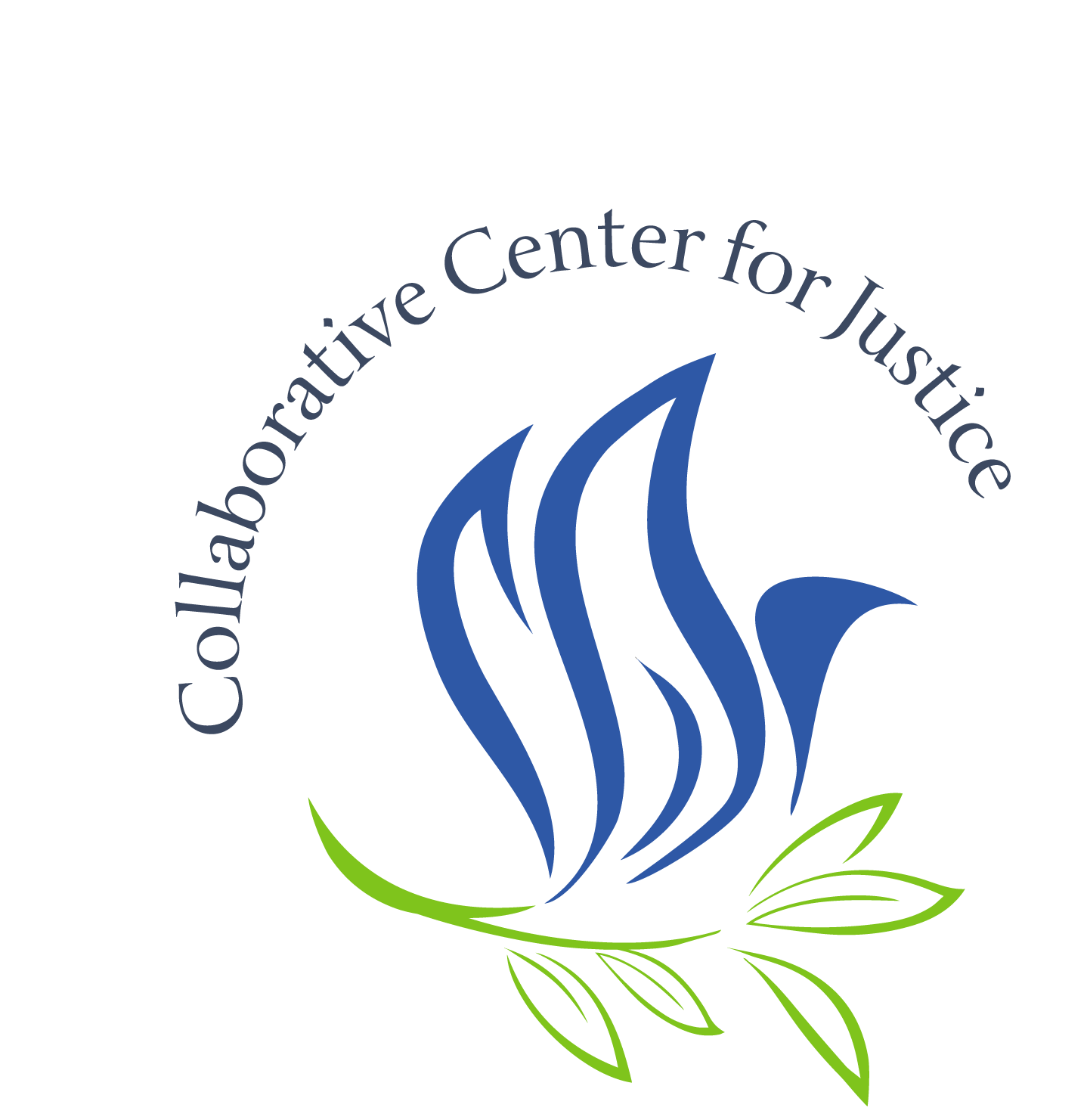
In the Creation story, we read that God gave humankind dominion over all other living things (Genesis 1:26). However, our historical understanding of the term “dominion” has created a problematic orientation toward nature. This term has been used to justify human degradation and depletion of natural resources for human consumption and profit. If we act from a belief that the earth is a resource for us to use and use up as we please, then we are contributing to the destruction of the very resources that are keeping us alive.
This problematic understanding of dominion over the earth has led to extractivism, which is when natural resources are over mined or extracted at the great expense of the earth and the local community, and for the profit of a powerful corporation or group of people. Such an understanding of dominion has also led to a surge in hydraulic fracturing operations to get all of the possible oil and gas out of the ground, regardless of how damaging the process is for the land, water, and air; or the to the people who rely on the integrity of those resources in order to breathe, drink, and live.
Currently, fires are raging in the Amazon. The Amazon is often referred to as the “lungs of the earth” as it provides more than 20% of the world’s oxygen. Rampant deforestation and expansion of large-scale agriculture on that land have played disastrous roles in the present crisis. Indigenous people are being ignored and their rights are being violated.
In Laudato Si, Pope Francis is clear that we have an “inaccurate understanding of dominion over the earth” (67). He posits that dominion should be understood in terms of our call to be responsible stewards of the earth. As stewards, we should be mindful that our task is to take care of and protect the natural world around us. Pope Francis even goes so far as to say we have a “duty to protect” the earth (67). Human and ecological health actually depend on us doing so.
So what would this look like?
Our efforts at being a responsible steward can take various forms: a commitment to refusing single-use plastics or Styrofoam containers; participating in a trash clean-up day in your community; planting trees; beginning the practice of home composting; or raising your voice with others in CT to oppose the building of a new fracked-gas power plant in Killingly. On a larger scale, acting in the earth’s best interest would include a national commitment to, and plan for, a just transition to 100% renewable energy without delay.
We need to reorient ourselves to the natural world in a way that respects our interconnected relationship. Rather than thinking that we own the earth and the water that runs through it, we must begin to accept that we are connected to creation and thus have a responsibility toward it. We must reclaim our true call to protect, rather than stay in the mindset of conquer and use. We can start to shift our perspective by first adopting a posture of gratitude for creation. We can acknowledge the earth and all living things as being created by God; the same God who created us.
Rachel Lea Scott
CCFJ Associate Director



